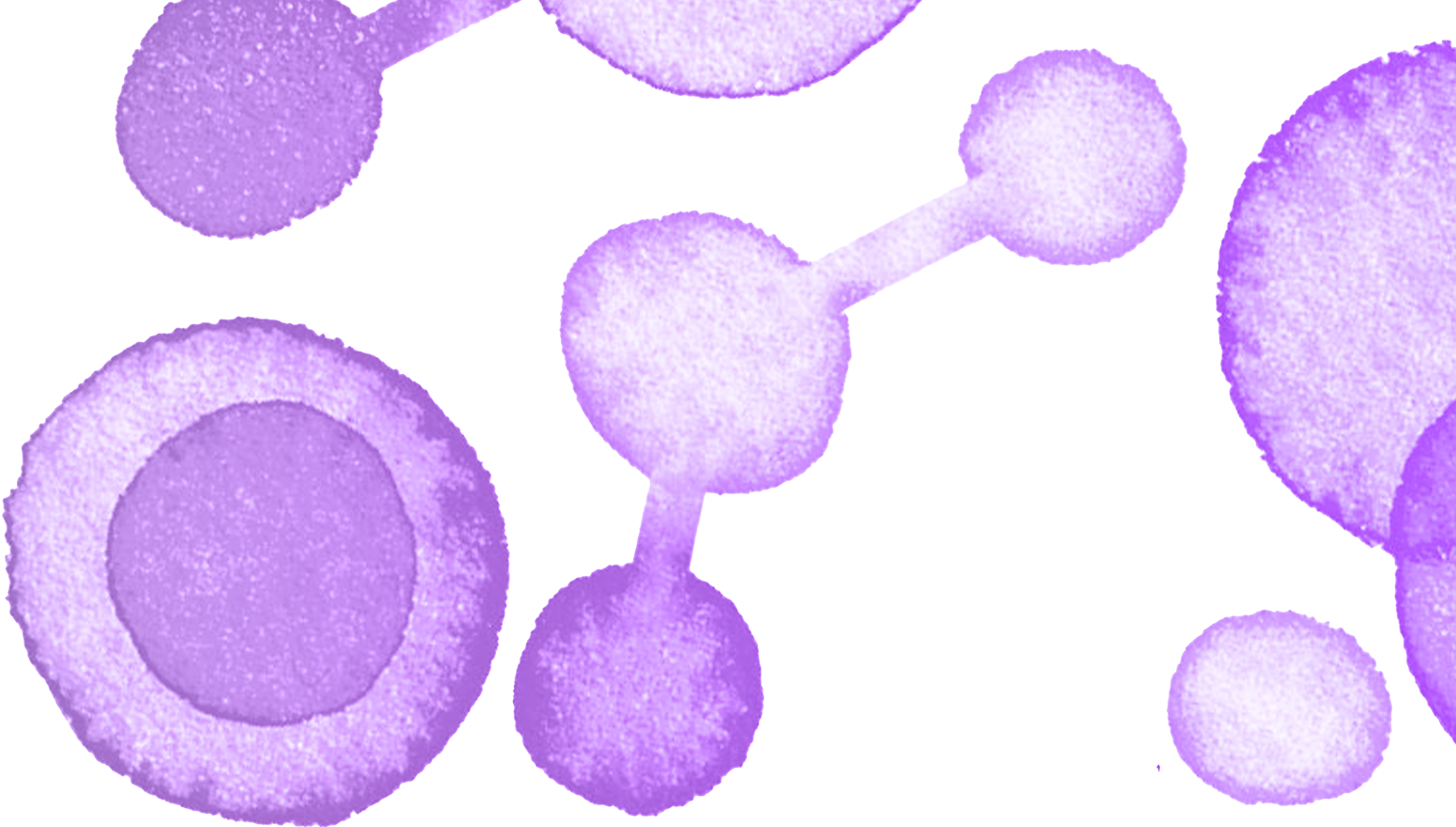
Written in partnership with Pregnantish, March 2024. Pseudonyms have been used to protect patient identities.
We had the opportunity to sit down with 38-year-old Sarah, a fertility Registered Nurse who has worked in the fertility industry since 2008. For over 16 years, she has provided premium care to her patients as they’ve navigated their fertility journeys. Sarah has dedicated her career to fertility preservation, women’s advocacy, and education. She wants every patient to know: “You have options.” Little did she know, she would need to hear that same advice when she experienced infertility herself.
Sarah began her career as a registered nurse, not knowing that both her career and personal life would ultimately lead her to become an expert, advocate, and warrior for those needing a little help to build their families – herself included. Sarah’s dedication and passion for providing the best care for her patients only increased when she began to face her own struggles with fertility. Sarah hopes that by sharing her story, she can encourage others to feel empowered in their own experiences of infertility. Here is Sarah’s story…
Finding A Career in Fertility Nursing
Fertility health was never actually on my radar. When I was in nursing school, I wanted to be where all the action was – cardiac health, or the operating room. I quickly realized I wasn’t cut out for that. It was a big turning point in my life. I was questioning if becoming a nurse was the right decision for me at all. I had to take a step back and look into what roles might be a better fit for me.
I found a job working in fertility. [When you’re studying to become a nurse] you learn about obstetrics and gynecology, but no one talks about the struggles many face with fertility. I was always interested in women’s health, and always wanted to be a mother, so when I saw this job opening, I went for it. By the grace of God I was given the opportunity to try it out, and I’ve never looked back.
I’ve been able to work with so many different demographics of women and couples on their journey, whether through IVF, IUI, or third party reproduction. In doing this work, people often say to me, “You’re helping your patients so much.” But what they don’t realize is that the patients I’ve seen have been equally instrumental in my life, and ultimately, in the decision-making around my own infertility struggles.
No Matter What I Planned, Life Had Other Ideas
In my late twenties, years before I even met my husband, I froze my eggs. I became aware of this option through working in the industry, and thought it was a good idea as a “just in case” plan.
My husband and I both knew we wanted children. I’d always wanted to be a mother. After we got married, we started trying. I thought it would be easy for me, even though I saw women struggling, day in and day out. I think the majority of women are guilty of thinking their fertility journey will be uncomplicated, or thinking “it won’t happen to me” and I was no different.
As a fertility nurse, I knew it could take time, but after just a couple of months trying to conceive, I was growing anxious and impatient. It’s fascinating how the odds can be stacked against us when trying to conceive. From my experience as an RN, I know that even the most fertile women only have a 25% chance of getting pregnant naturally each month. It truly puts the miracle of pregnancy into perspective.
We attempted to get pregnant and, when it wasn’t happening, I remember talking to my doctor about my options. He assured me that it could take time; since I was still fairly young and given how many children I wanted, it would be beneficial to keep trying naturally first.
We did end up conceiving naturally, and my firstborn is almost five now. Not too long after, we started thinking about a second baby, but my life took an unexpected turn.
I experienced some pretty significant health issues that were dismissed time and again because I was a young and healthy woman. A year later, I ended up in the ICU with a viral infection that had been festering for a long time.
From there, I was prescribed multiple medications that weren’t conducive with trying to get pregnant. I wasn’t sure I could get pregnant again. That’s when I thought about IVF and wondered about surrogacy.
Putting On a Patient’s Hat
As a fertility nurse, I felt I had the benefit of knowing a lot about the subject and what I was putting my body through, but not everyone has that vantage point. In my career it was always my goal to help women and continue to educate as many people as I could about their options.
When I started my career, not many people were talking about egg freezing. The patients I talk to today say to me all the time, “There’s nothing I wouldn’t give to be able to go back and make the decision [to freeze my eggs] for myself.” But unfortunately, those women didn’t have the option back then.
Being a fertility nurse set me up well: it gave me a different vantage point than most people get and allowed me a unique perspective when I ultimately sat in the fertility patient’s seat. Getting treatment was a time commitment, but I was working in the clinic, so I’d just pop in during work and get an ultrasound. It’s different and harder for patients [who don’t work in a fertility clinic] to carve out time in their days for appointments. I also felt well-prepared for conversations with my doctor, which isn’t something everyone gets to experience. I had the benefit of knowing what questions to ask.
After I’d frozen my eggs, I never thought I’d need to use them, but it’s strange how quickly that can change. With my career pivot into fertility, and some family matters that came up shortly after, I began to realize that no matter the life plans I made, they didn’t always go exactly the way I’d envisioned them. It seemed like in the blink of an eye, I went from fertility nurse to infertility patient.
From Heartbreak to Embryo Testing
After healing from the infection, I was cleared by my doctors to try to conceive again. We ended up creating embryos with some of my eggs – which had thawed beautifully – and attempted a transfer via IVF.
I had my embryos genetically tested through PGT-A. Despite being young when my eggs were frozen, and therefore the likelihood of them being healthy was high, I decided to go through with testing my eggs as a personal choice. My husband and I started with 17 frozen eggs. Fifteen were thawed and fertilized. Out of this, 10 made it to blastocyst stage, five were “normal” (euploid), three were abnormal (aneuploid), and two were mosaic (a combination of euploid and aneuploid). I was extremely happy with the outcome thanks to freezing my eggs at a young age and the expertise of the lab.
Unfortunately, the IVF transfer didn’t work. By this point, I’d experienced several pregnancy losses and an ectopic pregnancy. I knew that experiencing one miscarriage, although heartbreaking, was fairly common, so after my first loss, I considered myself part of the statistics. However, as I went through my second and third losses, with the third one being an ectopic pregnancy, I found myself falling into a different category: recurrent pregnancy loss. I was desperate to find answers but was continuously met with disappointment.
With each loss, I felt a piece of my heart, determination, and patience slipping away. Although I had a support system, it became increasingly difficult to express my emotions because I felt like my sadness was overwhelming. I didn’t want to burden others with my pain. It was a conflicting situation for me because I had so much knowledge about fertility, yet I had no answers as to why this was happening to me. The lack of control over my own body was a constant struggle.
It’s heartbreaking to experience secondary infertility, just like any other form of loss or fertility challenges. What many people don’t realize is that the occurrence of secondary infertility is actually increasing. Trying to conceive a second or third child can be a challenge due to a woman’s increased age and declining fertility. Although I was incredibly grateful to have a healthy baby at home, I couldn’t shake the feeling that something was missing in my heart. I was nearing 35, which we know (from the National Institute of Health and other research) is when fertility begins to rapidly decline for women.
I felt frustrated with my body for letting me down and guilty for wanting more than one child, but I refused to give up. I was lucky enough to get pregnant and give birth to my daughter last year.
We Are Lucky to Have Options
My journey started off so far from where I’ve landed: I think about all the turns, from the career changes, the relationships I’ve had, getting married, having a baby, struggling with my physical health, and then secondary infertility. There may be a third baby in my future but now I know I cannot make a plan! And if I do decide to go for it, I’ve now got my [frozen] embryos that we created during the IVF process.Having been in the position of both a fertility nurse and fertility treatment patient, my biggest advice would be this: life is short, you get one shot. Advocate for yourself. You should never second-guess yourself. It’s okay to not have all the answers right now, but we have the science on our side with options for the future, like egg freezing or embryo testing. We are lucky to have options and the evolving education to help us advocate for the care we deserve.
Sources
https://extendfertility.com/your-fertility/fertility-statistics-by-age
https://www.ncbi.nlm.nih.gov/pmc/articles/PMC3525527/
https://www.ncbi.nlm.nih.gov/pmc/articles/PMC7721003/

This piece was written in paid partnership with pregnantish.


